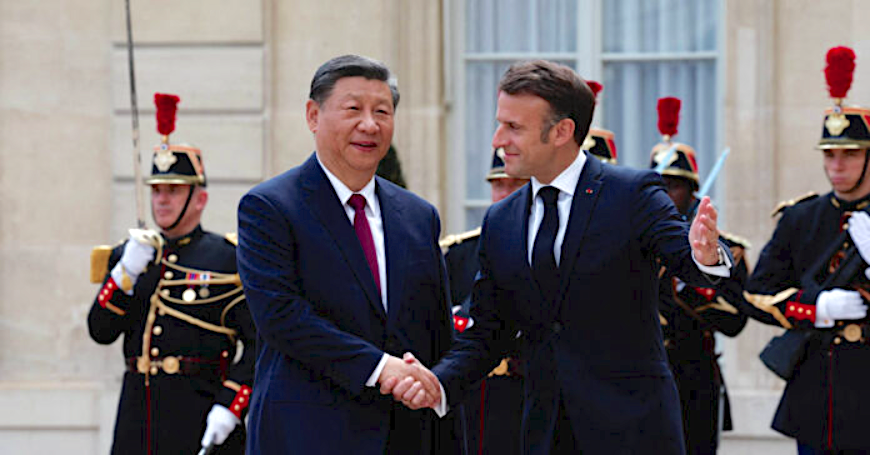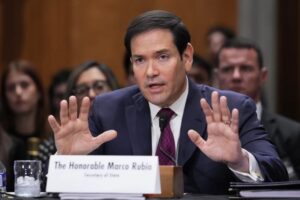
Published 06/15/2024 15:33
The President of China, Xi Jinping, visited three European countries in May – France, Serbia and Hungary – after five years without setting foot on European soil. The visit took place at a particularly important moment, marked by increased pressure from the United States to isolate China from Western supply chains and markets – namely the USA, the European Union and Japan – and by increased tensions between the Union European Union and Russia on account of the war in Ukraine.
The trip began in France, where Xi Jinping was received with great deference by French President Emmanuel Macron, in a clear demonstration of the respect that France has for China and the desire to maintain good bilateral relations. It went to Serbia, which is not a member of either the European Union or NATO, and ended in Hungary, whose prime minister is China’s most important ally in the European bloc.
On the agenda of the discussion with the French president were trade issues and the war in Ukraine. The most sensitive business issue at the moment is electric cars. Chinese electric cars pay a 10% tariff in the European Union and compete directly with French manufacturers (Renault, Peugeot) who produce the lowest cost electric cars in the European market, on which they depend almost entirely.
The Germans, highly dependent on the Chinese market, prefer the French to pick up the fight. According to Folha de S. Paulo (15/3), “More than one in three Mercedes-Benz cars are sold in China, while the country represented 40% of Volkswagen car sales last year.” The EU used a new anti-subsidy law to launch an investigation into electric vehicle imports from China. China, for its part, threatened to surcharge European brandy, the most famous of which is French cognac.
The visit to Serbia took place in the context of the 25th anniversary of the bombing of the Chinese embassy in Belgrade by the United States in 1999, on the occasion of the war that led to the dissolution of the former Yugoslavia. The visit to Hungary was a mandatory stop as it is China and Russia’s main ally within NATO and the European Union. Thanks to Hungary’s veto power in the European Union and NATO, where many decisions need to be taken unanimously, several more radical measures against Russia and China have been blocked.
Serbia and Hungary are two important allies of China on the European continent. In addition to China’s partners in the Belt and Road project, which finances infrastructure projects – China is helping to build a high-speed rail link between Belgrade and Hungary’s capital, Budapest – the two countries, particularly Hungary, which is a member from the European Union, are receiving investments from Chinese automobile companies that will be able, from new factories in these two countries, to supply the European market, bypassing the barriers that are being discussed in Brussels to block the entry of Chinese electric vehicles into the European market.
The conversation with Macron shows that the European Union seeks to establish a relationship with China based on its own interests, which do not necessarily coincide with those of the United States. Although there are trade tensions between the European bloc and China, it is not the spirit of rupture that animates the discussions. As the Wall Street Journal highlighted (5/9/2024), “European leaders tend to tread cautiously with Beijing, not wanting to jeopardize ties with an important trading partner.” An eventual victory by Donald Trump in the American presidential elections next November, which would lead to an even more protectionist escalation by the United States, would make the China-European Union partnership even more important for Chinese and European companies.
According to Financial Times (07/5/2024) analyst Gideon Rachman, “China really wants to disrupt the unity of both NATO (the Western military alliance) and the European Union (EU). Each of the countries Xi is visiting is seen as a potential lever to open a rift with the West. On a recent visit to Beijing, I found Chinese foreign policy experts fascinated by the French discussion of the need for Europe to achieve “strategic autonomy” from the US. In a speech in Paris last month, Emmanuel Macron, president of France, said Europe must never be a “vassal of the United States” – which is also China’s favorite kind of language.
Source: vermelho.org.br

